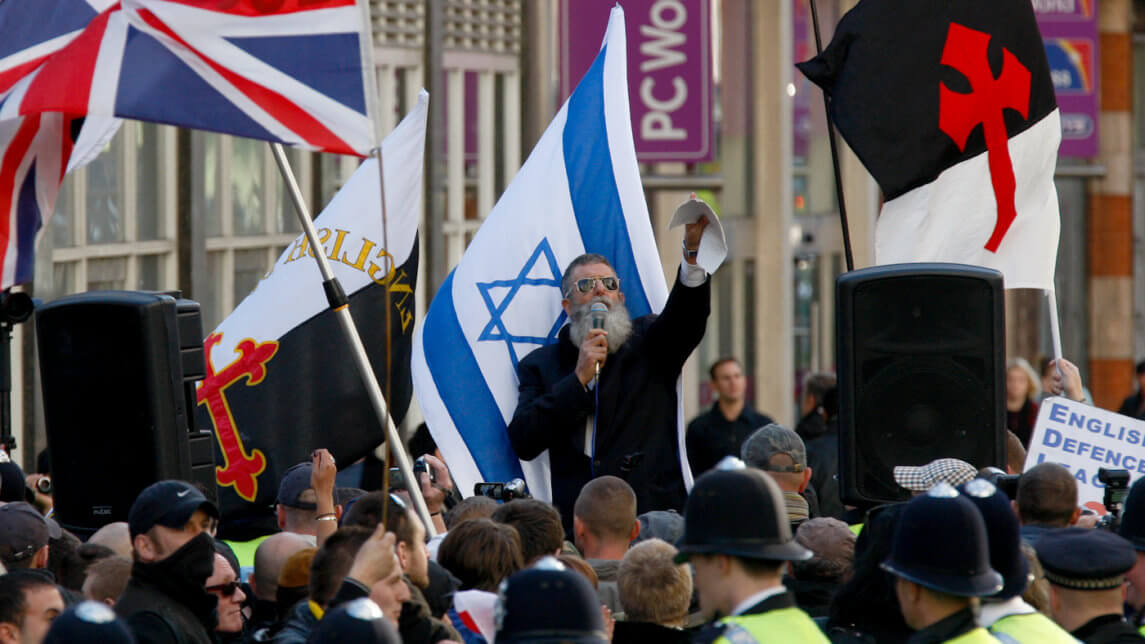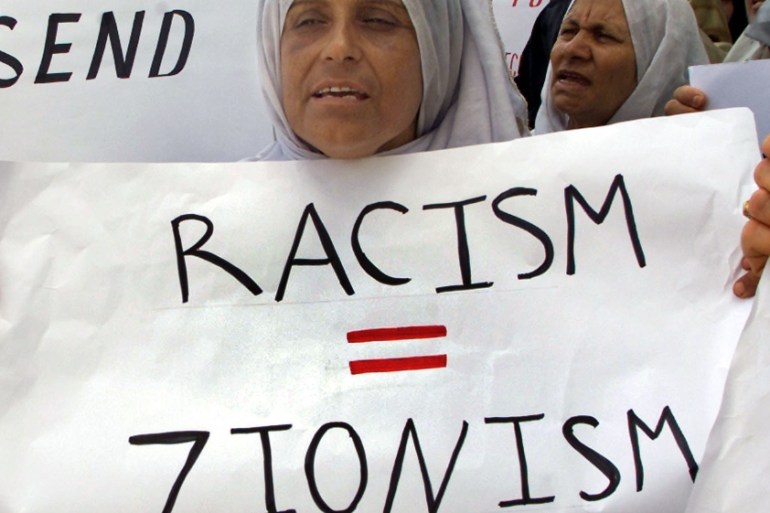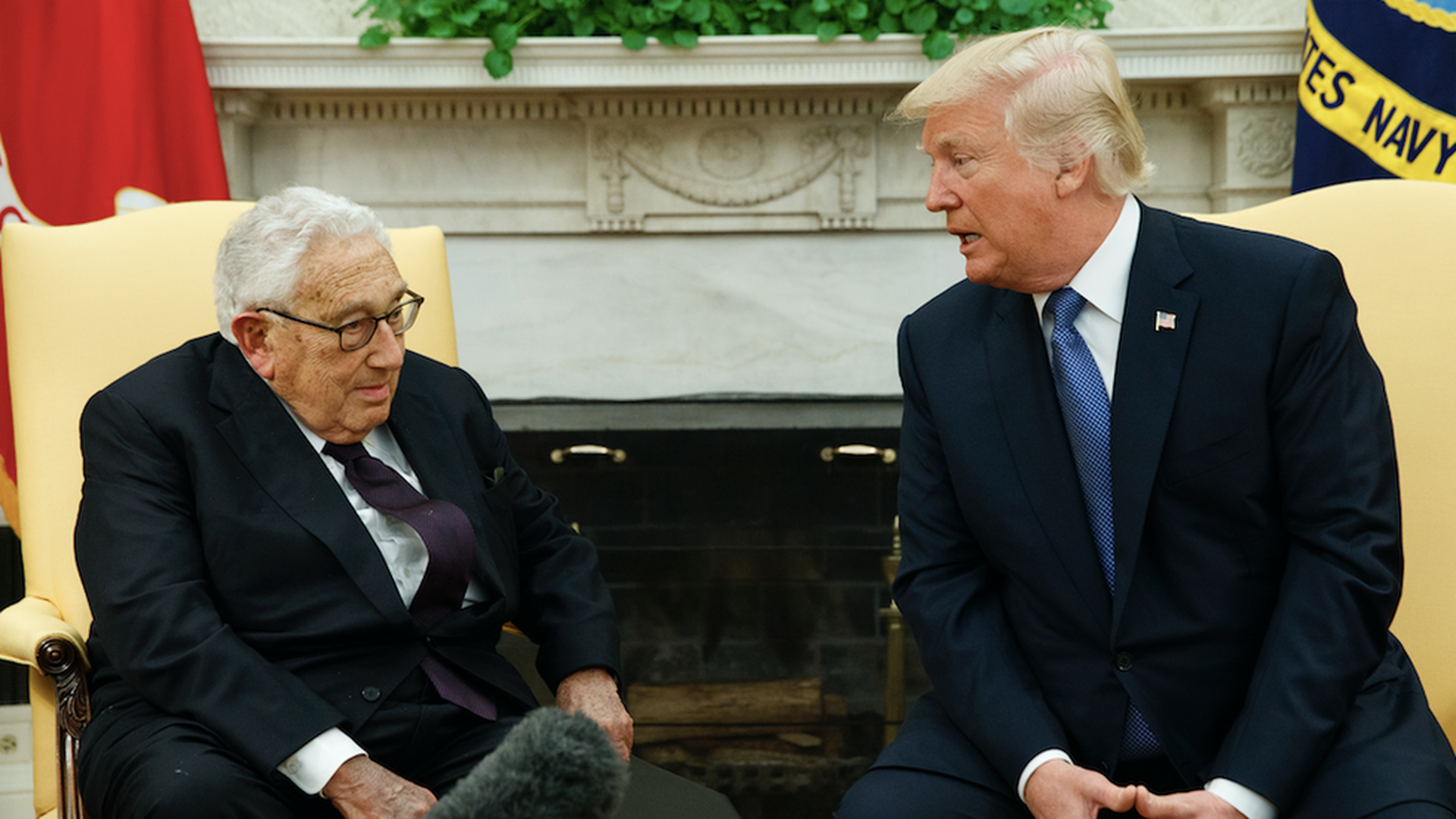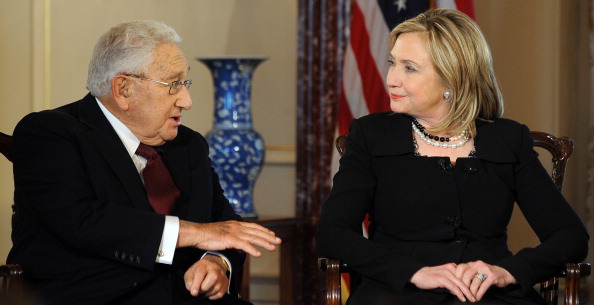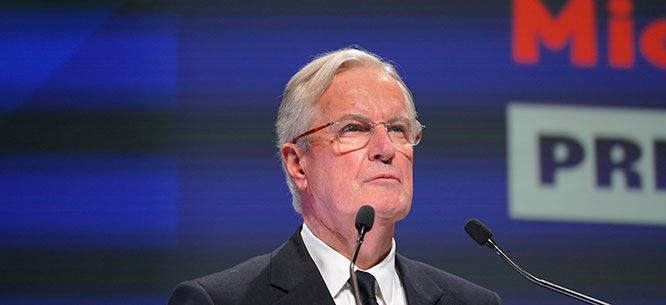China’s homegrown open-source artificial intelligence model DeepSeek topped app charts in the United States and Europe on Monday, beating out U.S.-based rival ChatGPT for the most popular free app on Apple’s App Store, in what some commentators saw as a potential challenge to American dominance in the sector.
The app’s emergence has roiled financial markets, hitting tech shares and causing the Nasdaq to fall more than 2% in Monday trading.
It comes after OpenAI, which is behind the generative AI service ChatGPT, suspended services to China, Hong Kong and Macau last July amid ongoing technology wars between the United States and China.
According to the state-backed China Academy of Information and Communications Technology, there are now 1,328 AI large language models in the world, 36% of which were developed in China, placing the country second only to the United States.
DeepSeek offers a user interface much like its rivals, but, like other Chinese-developed AI, remains subject to government censorship.
It likely won’t be engaging in any kind of discussion about the June 4, 1989 Tiananmen massacre, for example, or engaging in debate about whether democratic Taiwan has a right to run its own affairs.
And there were some emerging technical glitches on Monday too, as repeated attempts to log into the app using Google were unsuccessful. The company said it was “investigating” why only users with a mainland Chinese mobile phone number could currently access the service.
Building artificial general intelligence
Developed by Hangzhou DeepSeek Artificial Intelligence, the app uses an R1 reasoning model, which makes it slightly slower than its competitors, but means it delivers a step-by-step breakdown showing how it arrived at its answers, according to media reports.
Founded in July 2023 by Liang Wenfeng, an alumnus of Zhejiang University with a background in information and electronic engineering, the venture was backed by the High-Flyer hedge fund also founded by Liang a decade earlier, according to a Jan. 24 report in MIT’s Technology Review journal.
It said Liang’s ultimate goal is to build artificial general intelligence, or AGI, a form of AI that can match or even beat humans on a range of tasks.
According to the article, there was a direct link between High-Flyer’s decision to venture into AI and current U.S. bans on the export of high-end semiconductor chips to China, and that Liang has a “substantial stockpile” of Nvidia A100 chips that are no longer available to China, which he used to develop DeepSeek.
RELATED STORIES
China uses AI to generate propaganda on YouTube, report finds
China orders AI chatbots to stick to ruling Communist Party line
China plans massive new center to house, control ‘big data’ on all of its people
While the DeepSeek app experienced a partial outage after shooting to the top of the charts on Monday, its rapid rise had already “wobbled” investors’ faith in the profitability of AI and the sector’s voracious demand for high-tech chips,” Reuters reported on Monday, adding that European Nasdaq futures and Japanese tech shares had fallen on the back of the news.
“It’s a case of a crowded trade, and now DeepSeek is giving a reason for investors and traders to unwind,” the agency quoted Wong Kok Hoong, head of equity sales trading at Maybank, as saying.
‘AI’s Sputnik moment’
While little is known about the details of DeepSeek’s development and the hardware it uses, the model has spooked investors in what venture capitalist Marc Andreessen described on X on Sunday as “AI’s Sputnik moment,” in a reference to the former Soviet Union’s surprise 1957 launch of its Sputnik satellite that triggered a space race with the United States.
“The idea that the most cutting-edge technologies in America, like Nvida and ChatGPT, are the most superior globally, there’s concern that this perspective might start to change,” Masahiro Ichikawa, chief market strategist at Sumitomo Mitsui DS Asset Management, told Reuters on Monday, adding: “I think it might be a bit premature.”
But Yann LeCun, Chief AI Scientist at Meta, said the real story wasn’t about rivalry between two superpowers.
“To people who see the performance of DeepSeek and think: ‘China is surpassing the US in AI,’ you are reading this wrong,” Yann wrote in a Jan. 25 LinkedIn post.
Instead, the emergence of DeepSeek means that “open source models are surpassing proprietary ones,” he said.
He said DeepSeek profited from open research and open source tools like PyTorch and Llama from Meta, then “came up with new ideas and built them on top of other people’s work.”
“Because their work is published and open source, everyone can profit from it,” he said. “That is the power of open research and open source.”
Privacy concerns
Like TikTok, which is currently waiting to hear its fate under the Trump administration, DeepSeek is likely to raise privacy concerns, given its location under the jurisdiction of the ruling Chinese Communist Party.
Its privacy policy warns users that it collects user information like date of birth, username, email address or phone number and password. Like other models, it also remembers what you ask it to do.
“When you use our Services, we may collect your text or audio input, prompt, uploaded files, feedback, chat history, or other content that you provide,” according to the policy, which was last updated on Dec. 5, 2024.
It also remembers your IP address, your device model and operating system and system language.
And while it doesn’t store that data alongside your name, like TikTok, the app records each user’s highly individual “keystroke patterns or rhythms.”
That information is used to protect accounts from “fraud” and other illegal activity. Similar phrasing has sparked concerns over the use of user data by TikTok, although the company has dismissed such concerns as unfounded.
The company may also use user data to allow it to “comply with our legal obligations, or as necessary to perform tasks in the public interest,” the policy states, without specifying what “the public interest” might mean.
“We store the information we collect in secure servers located in the People’s Republic of China,” the Policy states, meaning that such data could be used by the Chinese government if it saw fit.
Edited by Joshua Lipes.
This content originally appeared on Radio Free Asia and was authored by Luisetta Mudie.
This post was originally published on Radio Free.
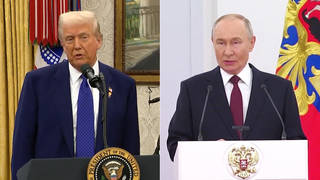


/cdn.vox-cdn.com/uploads/chorus_image/image/69994902/1936_Josephine_Baker___Romain_Maes___Sylvere_Maes.0.jpg)
